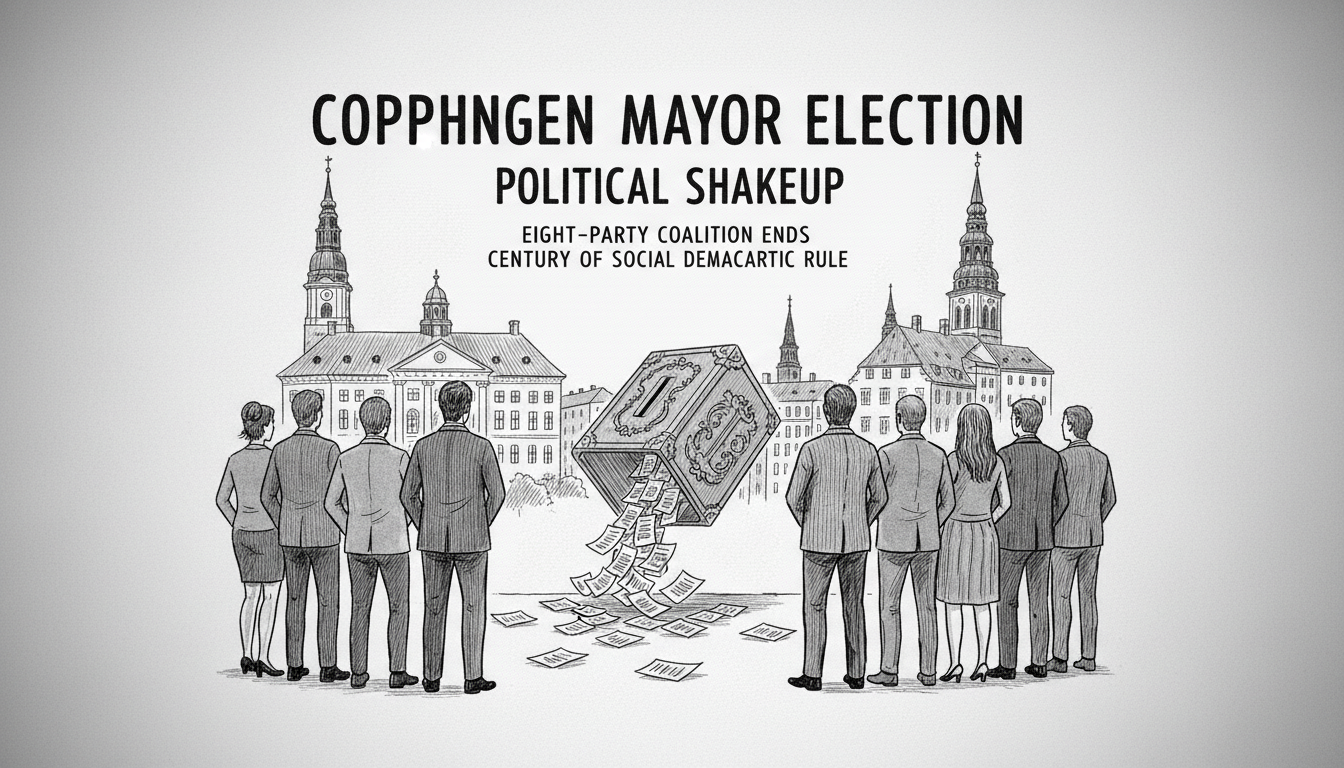Copenhagen voters have delivered a surprising political outcome in the latest municipal election. The Red-Green Alliance party emerged as the largest political force in the capital for the second consecutive election. Despite this victory, their candidate Line Barfod failed to secure the mayor's position.
The coveted mayor role went to Sisse Marie Welling from the Socialist People's Party instead. This outcome demonstrates how being the largest party doesn't automatically guarantee control in Denmark's consensus-based political system.
Line Barfod acknowledged the political reality during a press conference at Copenhagen City Hall. She expressed disappointment but recognized the democratic process. The Red-Green Alliance received 22.1 percent of votes in Copenhagen, while the Socialist People's Party followed with 17.9 percent.
The election results triggered complex coalition negotiations involving eight parties. This broad political agreement includes parties across the spectrum from left to right. Only the Social Democrats and Frie Grønne remain outside the governing coalition.
Liberal Alliance played a decisive role in blocking Barfod's mayoral bid. Their representative Alexander Ryle stated clearly they would not support making the Red-Green Alliance candidate mayor. This opposition proved crucial in determining the final outcome.
Barfod found consolation in ending over a century of Social Democratic dominance in Copenhagen. She emphasized the cooperative spirit among coalition partners during lengthy negotiations. The parties worked closely together for many hours to reach agreement.
This political development signals a major shift in Copenhagen's governance. The city now moves forward with an unusually broad coalition government. The arrangement represents a pragmatic approach to municipal leadership that transcends traditional left-right divisions.
The new coalition faces the challenge of maintaining unity across diverse political viewpoints. Their success will depend on finding common ground on key urban issues like housing, transportation, and climate policies. Copenhagen residents will watch closely how this experimental broad coalition performs in practice.
Political observers note this outcome reflects Denmark's tradition of compromise politics. Even when one party wins the popular vote, building governing majorities requires negotiation and concession. The result shows that in Danish municipal politics, coalition-building skills matter as much as election performance.

